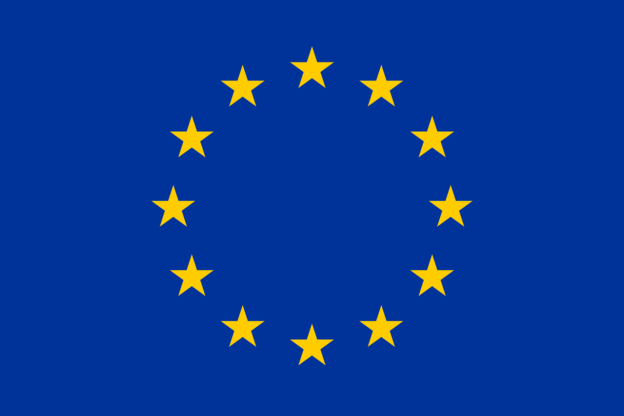On the occasion of its Annual Forum, the European Commission presented the recast of the new dual-use Regulation, as well as the objectives of DG Trade.
First, the forum highlighted the return of power struggles to the geopolitical stage through export controls.
The proliferation of biological, nuclear and technological weapons, as well as the emergence of new technologies, especially dual-use ones, mark a multi-polarization and instability surrounding effective export controls. The Covid-19 pandemic has created unprecedented demand in the international market, challenging the resilience of multilateral export control regimes (MECRs).
In this context, the panelists reiterated the role and responsibility of maintaining MECRs, which allow for dialogue and coordination among their members. However, a new approach to the RMCE is needed, in order to develop better means of communication on members’ positions and technologies.
Later, the forum focused on the newly adopted Regulation 2021/821. Indeed, operators and interested parties have been notified of the entry into force of the text in September 2021 and of its binding nature.
According to the Commission, the Regulation introduces a systemic change. Indeed, the text proposes a complete update improving the effectiveness of control. In terms of form, the text maintains the structure and numbers of the old Regulation in order to keep a continuous level of understanding. In response to the international context, the new Regulation gives the Union greater strategic autonomy. The European Union thus demonstrates its will to become a “key player and not a playground”. (Stéphane Chardon).
The new Regulation also provides for:
- A complete review of the existing control and a legal update: by developing a specific mention to IT systems, and the amendment of Annex 1 which is planned to be published as of January 2022.
- The harmonization of the eLicensing system through a platform and the introduction of a technical support system. These systems are currently being tested in pilot countries such as Italy, Belgium, Greece and Slovenia.
- The creation of a coordination mechanism for the application of the text that seeks to overcome difficulties of implementation and interpretation.
- The strengthening of public/private sector partnerships to improve the efficiency of national systems and trade competitiveness.
- A new set of provisions, on the intersection of security and human rights issues (Article 5), providing for a state trigger (identification by the member state during controls via the EU watch list) and an exporter trigger (i.e. the introduction of a due diligence obligation for exporters).
The Commission announced the creation of various working groups on: monitoring human rights violations; data collection and transparency; capacity building and enforcement. In addition, the Commission is considering strengthening its “Trade and Security Toolkit” with new investment screening and export controls.
Nevertheless, panelists raised difficulties and challenges related to the new Regulation, including:
- The application of the “catch all” clause, as it does not specify how and when Member States will have to use a due diligence process;
- The uniform interpretation of the definitions of exporter, technical assistance and cyber surveillance products;
- The necessary integration of supply chains into the system, which is currently absent;
- The implementation of a simple classification to identify parties recognized as reliable.
- The interpretation and application of Articles 9 and 10, which complicate and weaken the harmonization of control at the European level, by introducing divergent national applications;
- Technology and software transfers: as intangible transfers across the EU increase due to the use of new technologies (cloud, etc.), a clear guideline on this issue is needed;
- The current disparities in terms of regulations, especially with the United States, which in addition to making controls by industries complex, disadvantage European exporters. On this point, economic operators are asking that the extraterritorial application of US export controls be replaced by facilitation tools based on confidence in the quality of the European export control regime.
DS Avocats’ Customs and International Trade team is at your disposal to provide you with any additional information.
CONTACT US
dscustomsdouane@dsavocats.com

